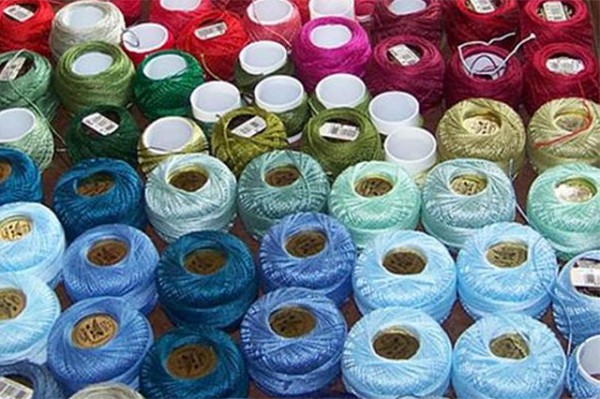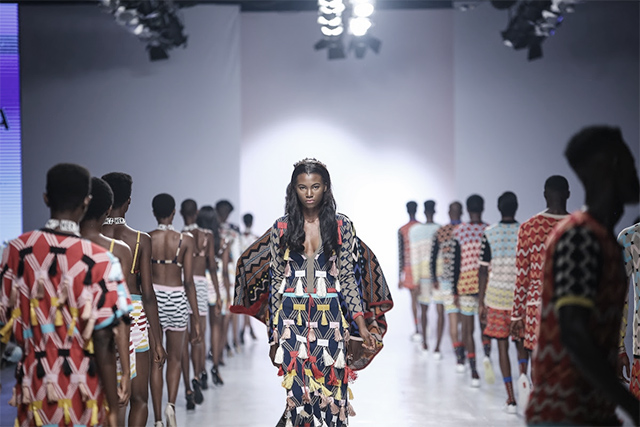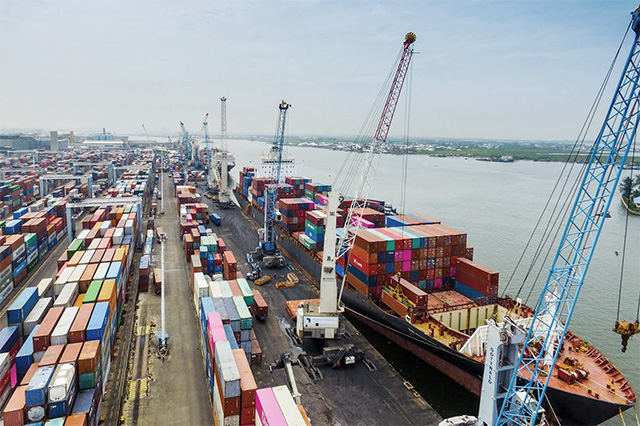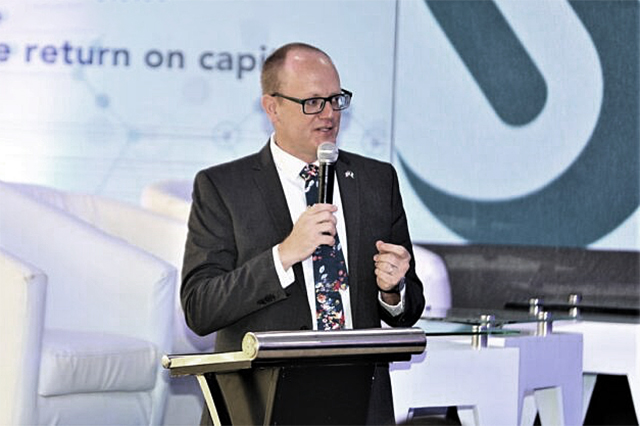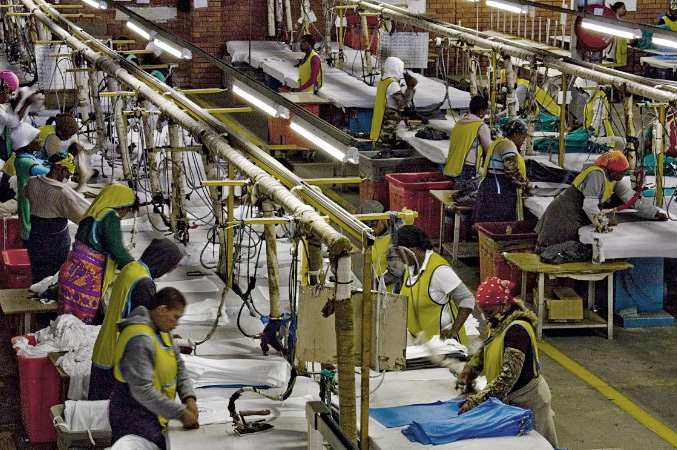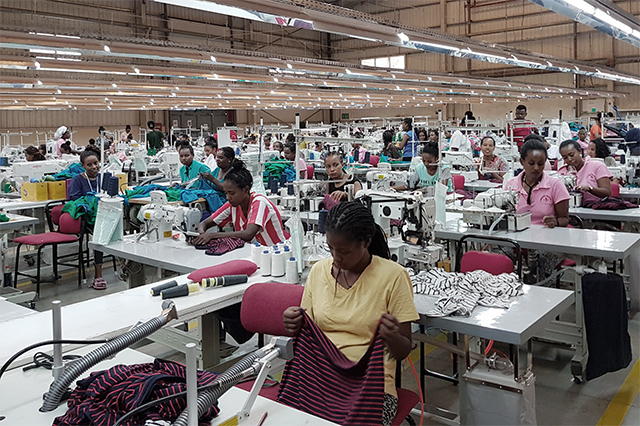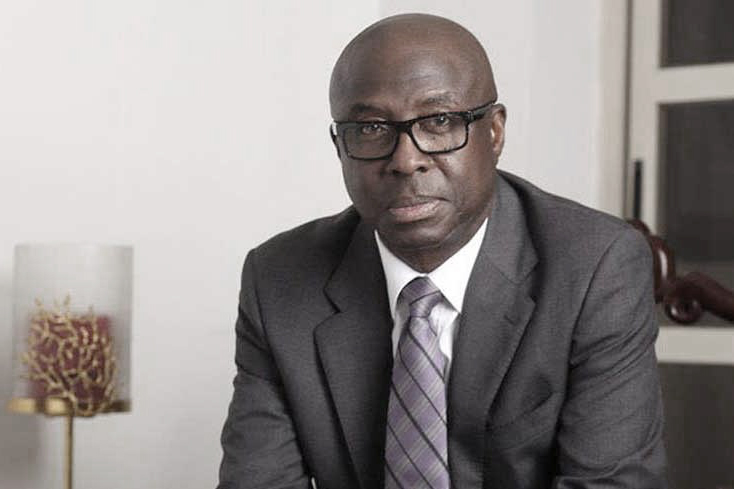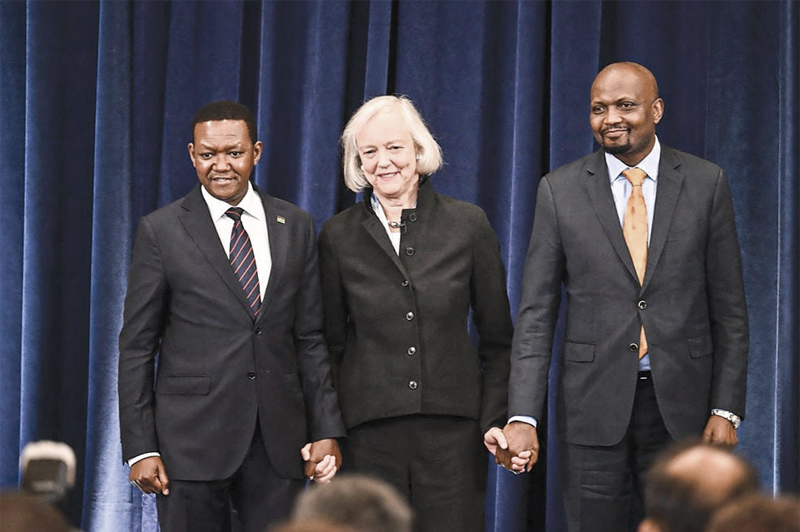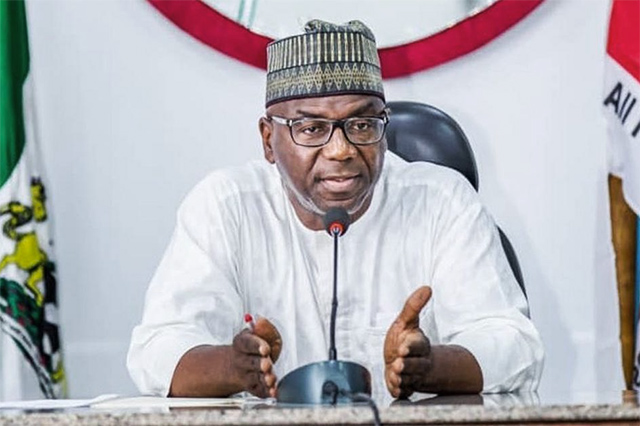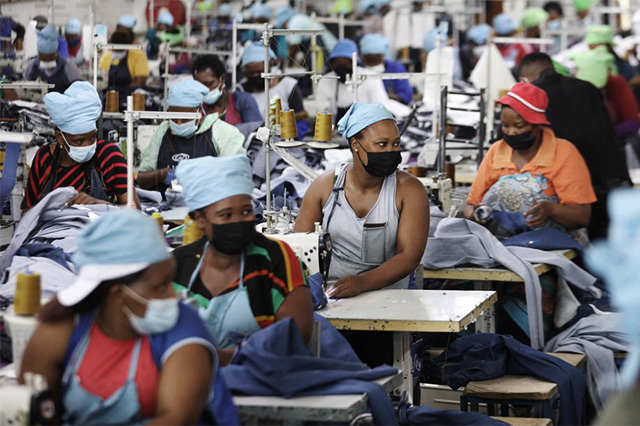Empowering the Nigerian textile industry
Nigeria’s textile and apparel industry covers the entire clothing value chain, and has a strong potential for growth due to availability of cotton and the country’s large market-size represented by over 170 million inhabitants, who provide a natural market for textiles and apparels.
Moreover, there is also the scope to export Nigerian textiles and apparels to other markets, especially to the USA under the African Growth and Opportunity Act (AGOA).
The decline of the industry, which started from 2003, has resulted in Nigeria spending over $2 billion annually on imported textiles.
However, with the Federal Government Intervention Fund of N100 billion for the cotton, textile and garment industry introduced in 2010, the sector has started picking up.
Recent figures from the Manufacturers Association of Nigeria (MAN) revealed that the capacity utilisation in the sector has increased tremendously from 29.10 per cent in 2010 to 49.7 per cent in 2011 and currently put at 50.2 per cent.
The industry is dominated by foreigners, though it harbours various classes of players, individual investors, partnerships and government involvement in the industry. Several bigger mills swathe all the sectors while some smaller mills survive by servicing and feeding the bigger players. Some of the players are from Hong Kong, India, UK, China, Japan and even Colombia. However, the sector lacks the presence of a virile garment making industry.
To help solve this problem, the Nigerian Export Promotion Council (NEPC) established its fashion training facility, the Human Capital Development Centre (HCDC) in 2006. The centre is located in Apapa, Lagos, and has over 150 sewing machines, pattern making and cutting tables. It has the primary objective of promoting garment making skills, creating job opportunities and upgrading the technical skills to improve quality, productivity and efficiency level of the garment industry. It also supports the goal to establish the garment manufacturing industry as valuable with the hopes of boosting non-oil exports.
On May 12, the HCDC saw its second set of students officially end training classes; 64 students, of which 16 are industrial pattern makers and 48 are sewing machine operators, successfully completed the intensive eight week training session.
The classes were facilitated by Style House Files, a fashion business development agency, in partnership with the Nigerian Export Promotion Council (NEPC) and Vlisco Nigeria, the Dutch wax and design brand.
The programme experienced a higher success rate in comparison to previous editions with a five per cent dropout rate and 98 per cent daily attendance. In a remarkable feat, 100 per cent of the students proceeded into the industrial training phase where they produced a ready-to-wear collection.
The top five students from the training – Grace Ogwu, Simon Nneamaka, Bolaji Busari, Bukola Kumolu and Anu Akinrinwa – will be presented with machines and the best student will also get a cash prize from Vlisco as part of its ongoing support to the apparel production sector.
The HCDC is part of the NEPC efforts to develop capacity for the garment sector. It was in February 2016 it engaged Style House Files to manage the centre. Under the arrangement, Style House Files will manage the HCDC and run training programmes that meet international standards for developing the skills of practitioners in the garment-making sector to meet the requirements of the fashion industry for exports.
Speaking with journalists during a tour of the facility in 2016, the Executive Director/CEO of NEPC, Mr. Olusegun Awolowo said, “Nigeria is awash with creative talents in the fashion industry, whose designs can compete anywhere globally. However, there is a wide gap in production and finishing, which affects the marketability of garments made in Nigeria at the international market. Nigeria needs to participate more in the global market for garments, which was about $800 billion in 2015 and expected to reach $1trillion by 2020. The purpose of this centre is to build capacity of Nigerian garment producers in apparel production for local but particularly the export market.”
In her remarks, Founder of Style House Files, Mrs. Omoyemi Akerele, said, “We are excited about this opportunity to partner with the NEPC on developing capacity for the garment sector. We will bring our experience and knowledge of the industry to bear on the management of the Centre. Our testimonial speaks of successfully creating a revolution in the Nigerian Fashion Industry by using our powerful knowledge to brainstorm truly innovative concepts and execute them professionally with enthusiasm that is yet to be surpassed.”
NEPC recently relocated the Human Capital Development Centre to its office complex at Apapa, Lagos. The Centre was originally set up over 10 years ago in Ikoyi, as the AGOA Human Capital Development Centre, in partnership with the United States Agency for International Development (USAID).
NEPC intends to reach out to national and international development partners to support funding requirements for training at the Centre. Already, the United Nations Industrial Development Organisation (UNIDO) is in talks with NEPC to collaborate on the Centre.
NEPC is Nigeria’s apex agency for the promotion of non-oil exports. It promotes the development and diversification of Nigeria’s export trade; assists in promoting the development of export-oriented industries and plays a leading role in the creation of export incentives.


